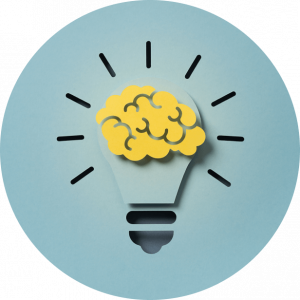This week we’re sharing the interim evaluation report into our activities over the past 18 months.
Originally the report was intended as an internal document, but making it available for our community feels like the right thing to do. We’re building a larger us together, after all, so it’s important to us that we’re transparent and candid about our progress at this stage of our journey.
There’s lots of really positive news (hurrah!) and of course, like all good evaluations, it highlights things that need our attention too and we hope you’ll be generous in supporting us to address these in the future.
By way of background, we’ve been working collaboratively with our evaluation partner, Liz Griffin of Hidden Depths Research, since early 2021.
She’s selected and spoken at length (and in confidence) with 27 members of our community – both people who’ve participated in the Larger Us Programme, and people who’ve participated in online events – so we can be confident that the picture painted in the evaluation is a fair reflection of the past 18 months.
Here are our top 10 takeaways:
Things that confirmed our hunches
1. There’s a demand for a ‘better way to make change’. As we suspected, most people in our community were already feeling troubled by existing approaches to campaigning, such as them-and-us narratives, before connecting with us. Engaging with our programmes and events helped to crystallise their thinking and to feel part of a larger community where they were free to discuss and debate ideas outside of their organisations. One person commented that we’re developing a ‘new vocabulary for a new approach to change-making’.
2. Our programme has attracted a very diverse range of change-makers, who strongly value this diversity. This applies across both our core diversity indicators (gender, race, age, location, profession) and also to participants’ interests, backgrounds, how they came to the work they do, and the stage they are at in their own personal development journey. Unsurprisingly, people found this diversity enlightening and refreshing.
3. Content on othering, courageous conversations and storytelling is really staying with people. Many people said that they hadn’t realised how often they engaged in othering, or the impact this had on their change-making. We’re also pleased that many of our community see the potential value in storytelling and courageous conversations for their work and are keen to develop their skills in these areas.
Things we’re pleased about
4. People are making personal commitments to becoming a different sort of change-maker. Of programme alumni, 91% agreed or strongly agreed they were rethinking their approach to change-making. Liz found that the programme was a foundational experience for people as they prepared to take their next steps in their change-making.
5. Our programme has deepened people’s appreciation for the link between psychology and change-making. The vast majority of participants reported that they had a better understanding of how concepts like belonging, othering and trauma were relevant to their change-making (96% agreed or strongly agreed).
6. There are positive early indications that people are already starting to apply larger us ideas to their work. This includes leaders hoping to reshape their organisations, campaigners re-evaluating their campaign narratives, and funders looking again at how they assess applications. This is very heartening as it shows our ideas have the potential for real world impact.
7. There is a clear appetite to meet and build relationships with other larger us change-makers. People are keen to continue to participate, although they also recognise the need for structure and a clear focus for future meetings. We’re already trying to meet some of the demand for this with our new fortnightly discussion series focusing on the difficult questions facing larger us change-makers.
Things we need to work on
8. Some people are struggling to share larger us ideas with others. There’s a fear of ‘getting it wrong’ or not finding the right words. They are keen not to be seen to be telling other change-makers they are wrong, but instead to be calling them into a new approach. Some people thought a set of messaging guidelines would be helpful so we’re thinking carefully about what this might look like.
9. There’s concern among some that the organisation is led by people who don’t share characteristics with oppressed groups. There’s a perception that Larger Us is led by ‘highly educated, white, middle class’ people, which we understand, and we’re making this a central consideration now and in the future in terms of our advisors, board, and those whose work and ideas we platform and champion. Some reported initial feelings of ‘imposter syndrome’ within their small group when taking part in our programme (though we were pleased the report noted that the format and tone of the group sessions helped to resolve this by creating an ‘equal playing field’ and an ‘atmosphere of equal value’).
10. People are keen for more evidence to support larger us change-making. They fall into two categories: those who want rigorous academic research into the efficacy of the approach, and those who want more case studies that they see as relevant to their sector or profession. We definitely hear this call and we’re very keen to further develop our ‘evidence bank’ so we have plenty of examples for people to draw on and be inspired by.
Needless to say, all of this feedback is incredibly valuable and we can’t wait to crack on and build upon this solid foundation.
We’ve been incredibly encouraged by the report and we want to thank our community which has played such a huge role in bringing about these exciting outcomes! It’s your commitment, expertise, energy and generosity that make our programmes and events what they are and we are so grateful to you for this.
We really hope that we’ll be able to work together with you to make Larger Us stronger and we welcome your ideas on how we can do this. If you have thoughts and views to share, please don’t hesitate to get in touch with us hello@larger.us
If you’d like to read the full report you can do so here.


